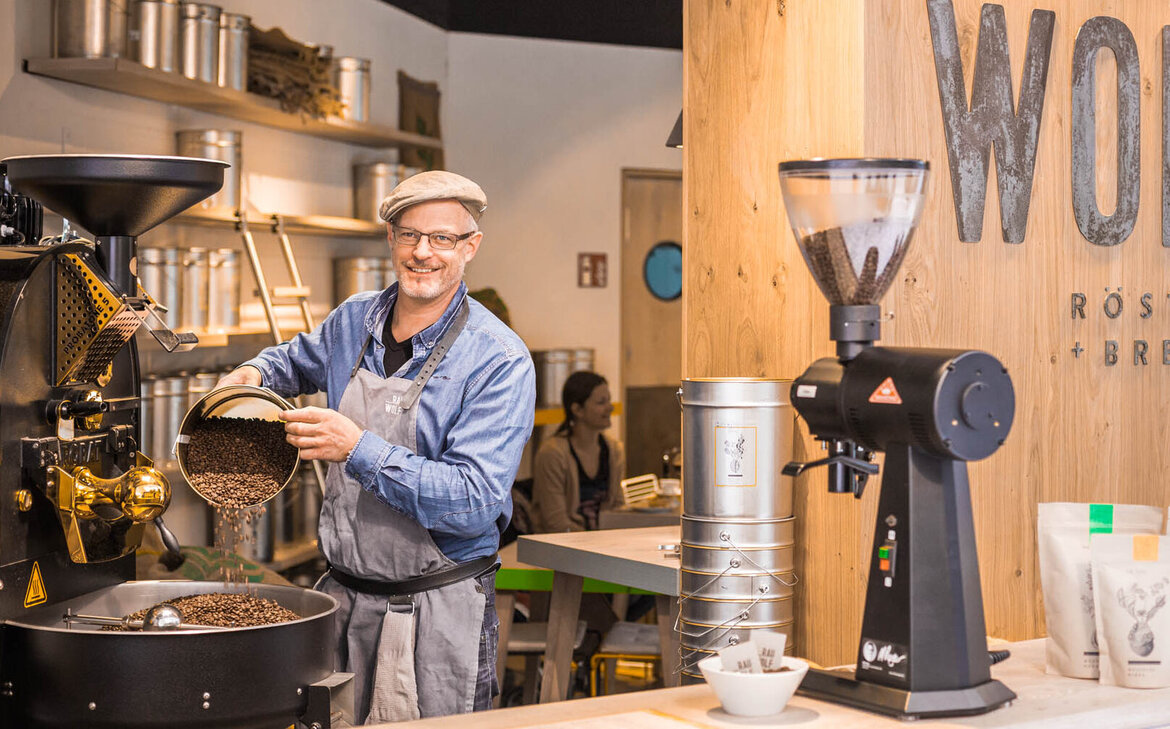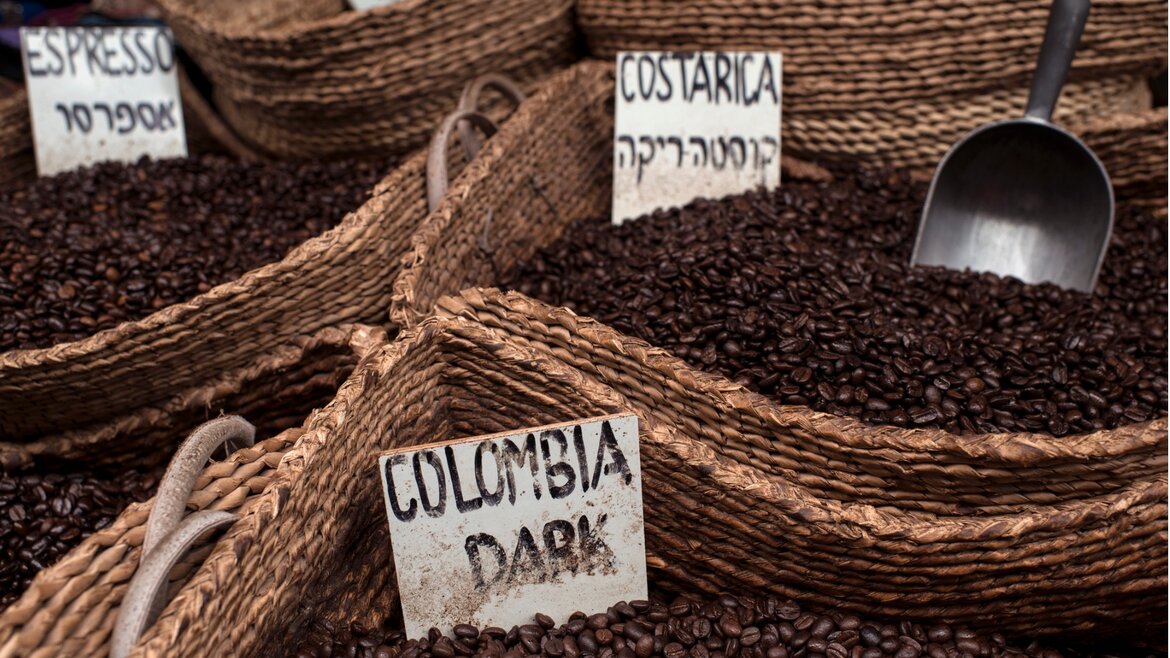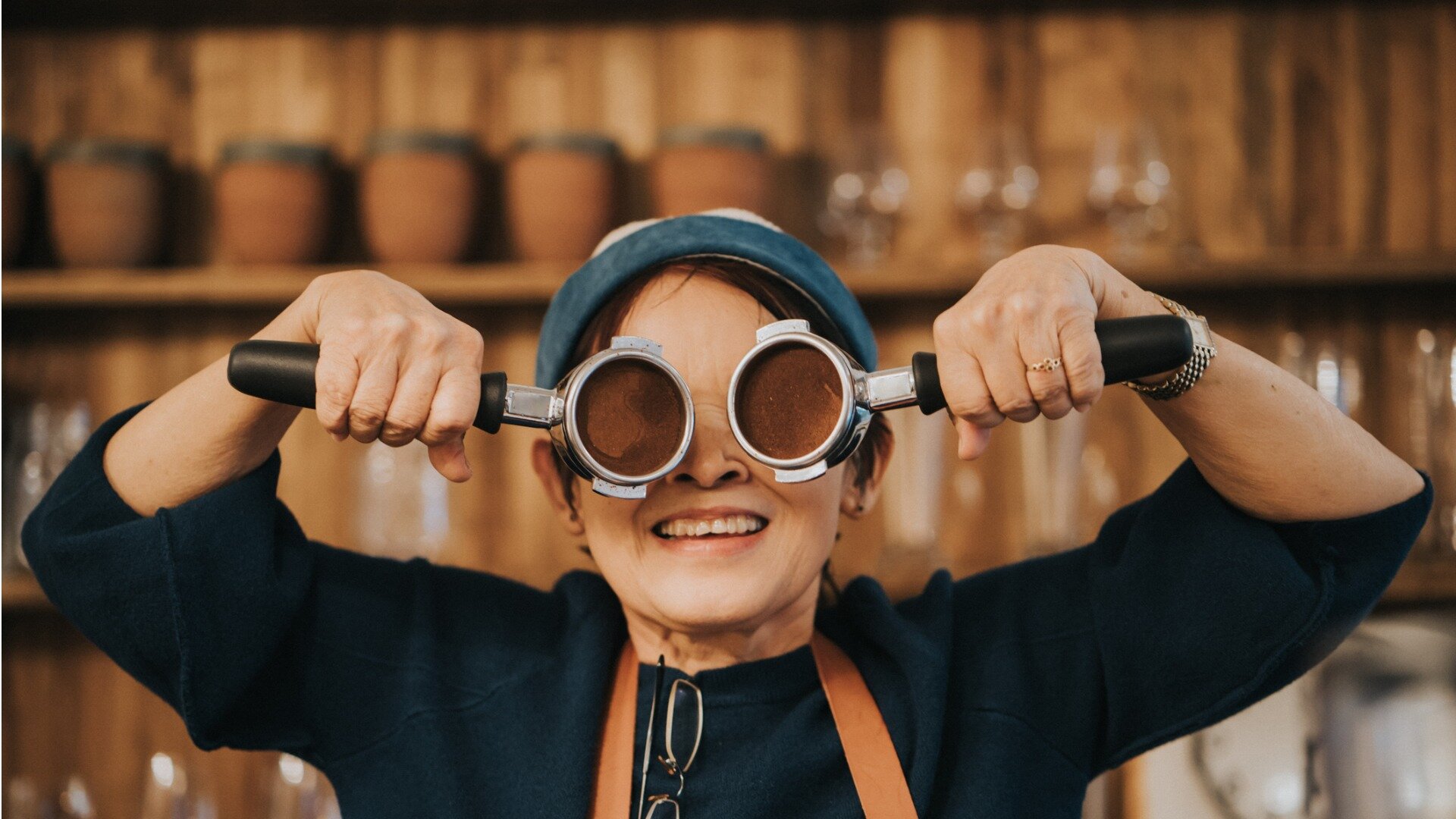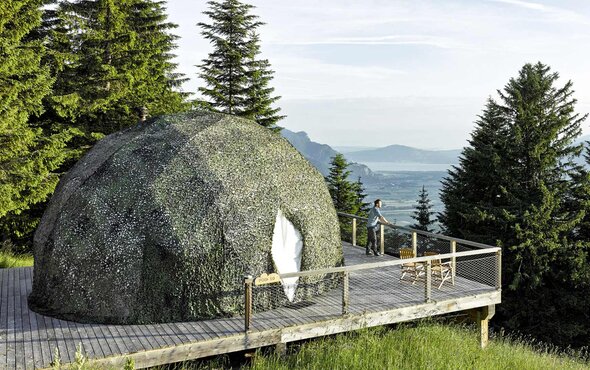Welcome to MEIKO.
Please select a country and click "confirm".
BUY HIGH QUALITY COFFEE
If you want to enjoy good coffee in good conscience then you should go for a high quality option. These days, wherever you are in the world, you can find certain certifications and logos that guarantee fairly traded and environmentally friendly coffee. Look for the following sustainability marks when choosing your coffee:
- The Fairtrade mark tells you that your coffee has been fairly traded. Small farmers receive a somewhat higher purchase price for their coffee, protecting them as effectively as possible from the highly volatile coffee market.
- Rainforest Alliance focuses on the relationship between coffee producers and the environment. Agriculture and sustainability are not enemies. They should come together in harmony. To this end, farmers are trained in sustainable land use locally.
- UTZ Certified denotes a focus on individual steps in the production process and the end product. Coffee bearing this mark has been farmed to specific sustainability standards, such as not using child labour and not clearing forested areas.
SUPPORT SMALL ROASTERS
That unique coffee flavour is no coincidence. Roasting the beans produces those unmistakable aromas that make coffee what it is. The most environmentally friendly option is probably to buy your sustainable coffee direct from the roaster.
And it is especially important to support small, local roasters. They work differently to large corporations: they truly value top quality green coffee and process their beans with real care. The gentle slow roasting process used by small roasters is better for the environment.

ECO-FRIENDLY COFFEE MAKING
Now you have bought your eco-friendly, high quality coffee, we need to think about making your drink with it. Bean-to-cup machines and pod solutions are still highly popular but they are most certainly not sustainable options. The raw materials used to make coffee pods and the energy required to make the drink are environmental no-nos.
But that doesn't mean that you have to go without your beloved coffee. There are other – far more sustainable – ways to brew your morning caffeine fix. The following methods enable you to enjoy a freshly made coffee that is both tasty and sustainable.

- French press: this method requires only boiled water and freshly ground coffee. This manual coffee machine scores highly on sustainability because it produces no waste – no paper filters or pods are used.
- Moka pot: this method is a favourite in Italy and it is also highly sustainable. Just like with a French press, using a moka pot produces no nasty waste.
- Hand filter: the truly classic method of coffee making. Use a home made fabric filter instead of single-use paper filters for the environmentally friendly option.
None of these methods produce any polluting waste, only the used coffee grounds. And they can be used for a variety of purposes, they do not simply have to be thrown away. Use your coffee grounds to grow mushrooms, as a cleaning product or as a face mask! And these are just a few ideas.
Use compostable coffee pods
It is well known that regular coffee pods are damaging to the environment. They quickly result in growing mountains of aluminium and plastic. These materials are a particular problem due to the levels of polluting carbon dioxide released during their manufacture, among other concerns. If you don't want to give up on pods entirely, though, there is a more eco-friendly option you can choose.
Compostable coffee pods are made from 100% organically grown plant fibres. Once used, you can simply throw them in with your organic waste and they will simply decompose. These sustainable coffee pods are available to eco-conscious coffee lovers all over the world.
Enjoy coffee alternatives
Coffee beans have to travel a long way to get to the supermarket shelf. So if you like to drink lots of coffee, it is wise to mix it up occasionally with one of the following locally grown coffee alternatives. These are a good option when you are craving the coffee flavour rather than the caffeine fix.
- Lupin coffee is made from lupin seeds. This coffee alternative may not contain any caffeine but it tastes almost exactly like normal coffee made from coffee beans. Enjoy the wonderfully fresh and mildly aromatic flavour of lupin coffee.
- Grain coffee is made from grain varieties such as spelt, barley and rye. Like lupin coffee, it is completely caffeine free but delivers a similarly bitter flavour to the coffee we know and love. Grain coffee is not only eco-friendly, it has many health benefits, too. For example, it is gentle on the stomach, gluten free and packed with nutrients.
- Acorn coffee, as you may have guessed from the name, is coffee made from acorns. It is known for its earthy flavours and health benefits. It boosts the immune system and lowers blood sugar.
- Chicory coffee is made from the roots of the chicory plant. The roots are finely chopped, dried and then roasted. The juices in the roots caramelise on roasting, giving chicory coffee a similar flavour to standard coffee. You do not need to make chicory coffee at home as it can be purchased in many health food shops these days.
ENJOY GOOD COFFEE AND A GOOD CONSCIENCE!
Initially, sustainable coffee may seem like a contradiction in terms. However, there are several ways to make your coffee habit as environmentally friendly as possible. High quality coffee from small roasters, sustainable ways to make the final drink and locally grown coffee alternatives can all help to clear your coffee conscience. And what about eco-friendly coffee on the go? More and more businesses and consumers are starting to think about this issue. Michael Andresen believes that single-use coffee cups are simply not an option. His company has declared war on the billions of single-use cups in the world. Together with his customers, they have put together a circular solution. Read all about this environmentally friendly takeaway coffee concept here.









